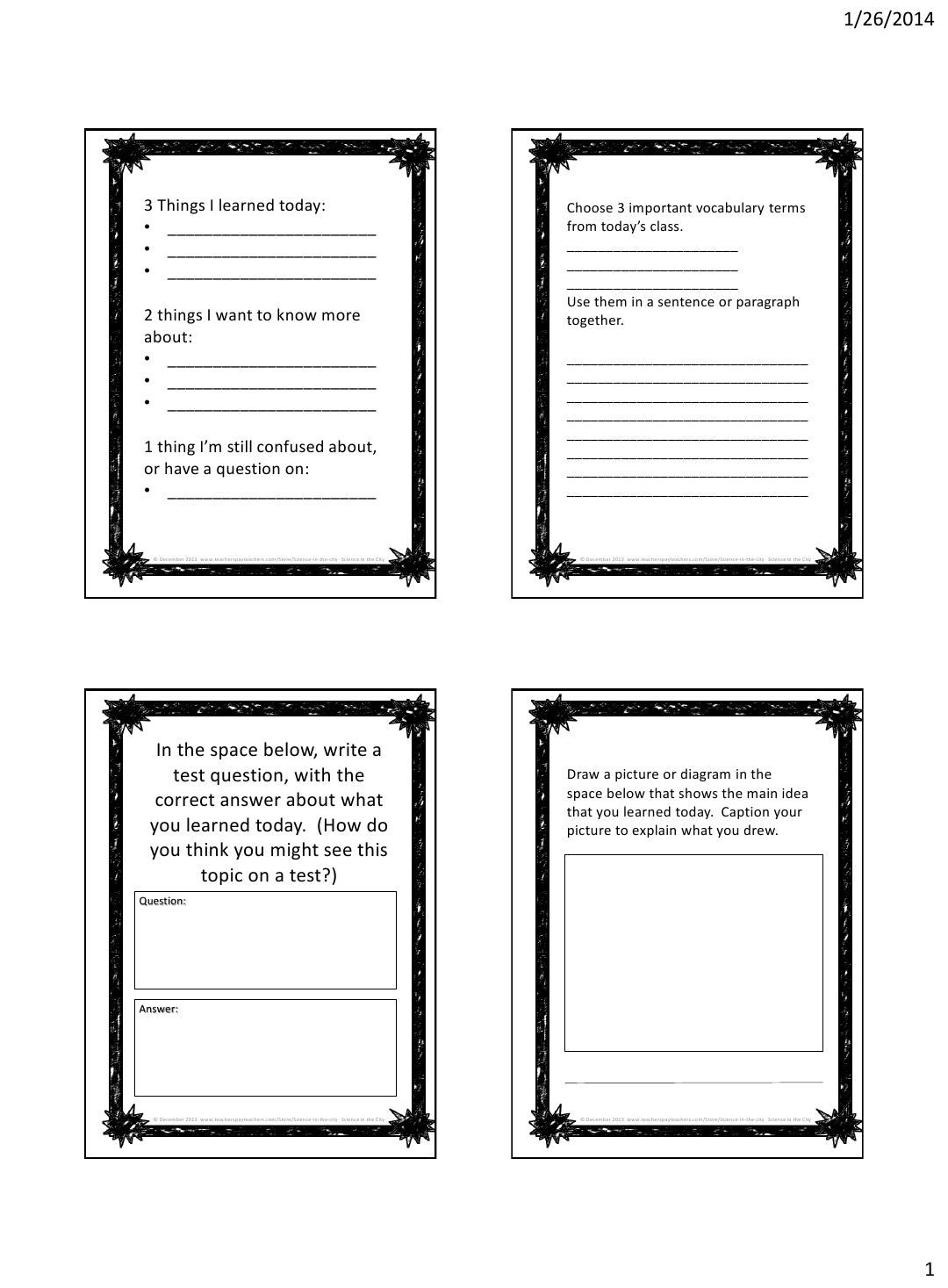As you may know, TpT is having the annual Back To School Sale today and tomorrow. My store is also on sale. These discounts combine for a 28% discount.
I have taken advantage of this opportunity to create two new bundles in my store. One is for all Biology items, and the other is for all the Earth Science items. I have taken all of the related items, created one bundle, and am offering them to you at a discounted price. As I add more items under each category, I will update the bundle, and the price will slowly go up. However, if you purchase the bundle, you will be able to continue to download the updated bundle (with any and all new products) for free.
My biology items now value $45, the bundle is listed for $30. However, during this sale, the bundle is $21.60. That means today and tomorrow you can purchase any biology items that I create now or in the future for $21.60.
Similarly, my Earth Science items individually would retail for $65, but the package is listed for $40. With the sale this package would be $28.80. Any Earth Science items that I have created now or in the future (and I have some great ones in progress) for $28.80.











